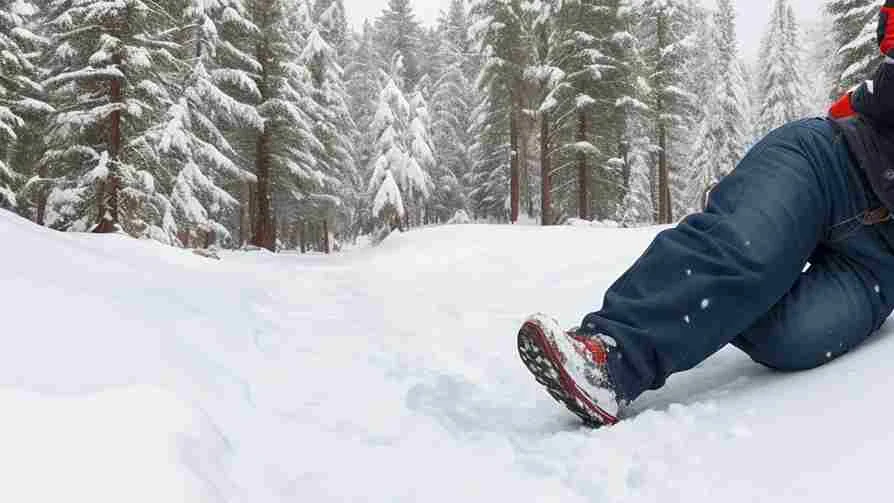Mastering SEO: Preventing Slip and Fall Incidents
Introduction
In today's fast-paced world, where every step counts, ensuring safety is paramount. Slip and fall incidents can happen unexpectedly, leading to injuries and legal complications. At [Your Company], we understand the significance of maintaining a secure environment. This comprehensive guide aims to shed light on effective strategies to prevent slip and fall accidents, offering valuable insights that go beyond the surface.
Understanding Slip and Fall Risks
Identifying Hazardous Surfaces
One of the primary contributors to slip and fall accidents is the presence of hazardous surfaces. Slippery floors due to spills, worn-out carpets, or uneven pavements pose a significant risk. Regular inspections and prompt maintenance are crucial to mitigate these dangers.
Footwear Matters
Often overlooked, the type of footwear individuals use plays a pivotal role in slip and fall incidents. Proper footwear with adequate traction can greatly reduce the risk. Encouraging employees and visitors to wear appropriate shoes can be a simple yet effective preventive measure.
Proactive Measures for a Safer Environment
Implementing Non-Slip Solutions
To address slippery surfaces, investing in non-slip solutions is imperative. Products like anti-slip mats and coatings provide an additional layer of protection. These solutions not only enhance safety but also demonstrate a commitment to the well-being of everyone within the premises.
Adequate Lighting
Inadequate lighting is a common factor contributing to slip and fall accidents. Ensuring well-lit areas significantly reduces the chances of mishaps. Installing sufficient lighting fixtures in hallways, stairwells, and entryways enhances visibility, creating a safer environment.
Clear Signage
Communication is key when it comes to safety. Placing clear signage in areas prone to hazards, such as wet floors or uneven surfaces, serves as a proactive warning. This simple yet effective measure empowers individuals to navigate spaces with caution.
Employee Training and Awareness
Regular Training Programs
Empowering employees with the knowledge to identify and address potential hazards is essential. Regular safety training programs not only educate staff but also foster a culture of vigilance and responsibility.
Immediate Incident Reporting
Encouraging a culture of immediate incident reporting is vital. Establishing a streamlined process for reporting potential hazards ensures swift action. This commitment to transparency and quick response demonstrates dedication to a safe working or public environment.
Legal Implications and Compliance
Compliance with Safety Regulations
Staying abreast of safety regulations and compliance standards is non-negotiable. Regularly updating and adhering to these guidelines not only ensures a secure environment but also shields against legal ramifications.
Documentation and Record-Keeping
Maintaining meticulous records of safety measures, employee training, and incident reports is crucial. This documentation not only aids in compliance audits but also serves as a proactive defense against potential legal challenges.
Conclusion
In conclusion, preventing slip and fall incidents requires a multifaceted approach. From identifying and mitigating hazards to fostering a culture of safety, every step counts. At [Your Company], we prioritize safety as a core value, implementing comprehensive measures to create secure environments for all.
